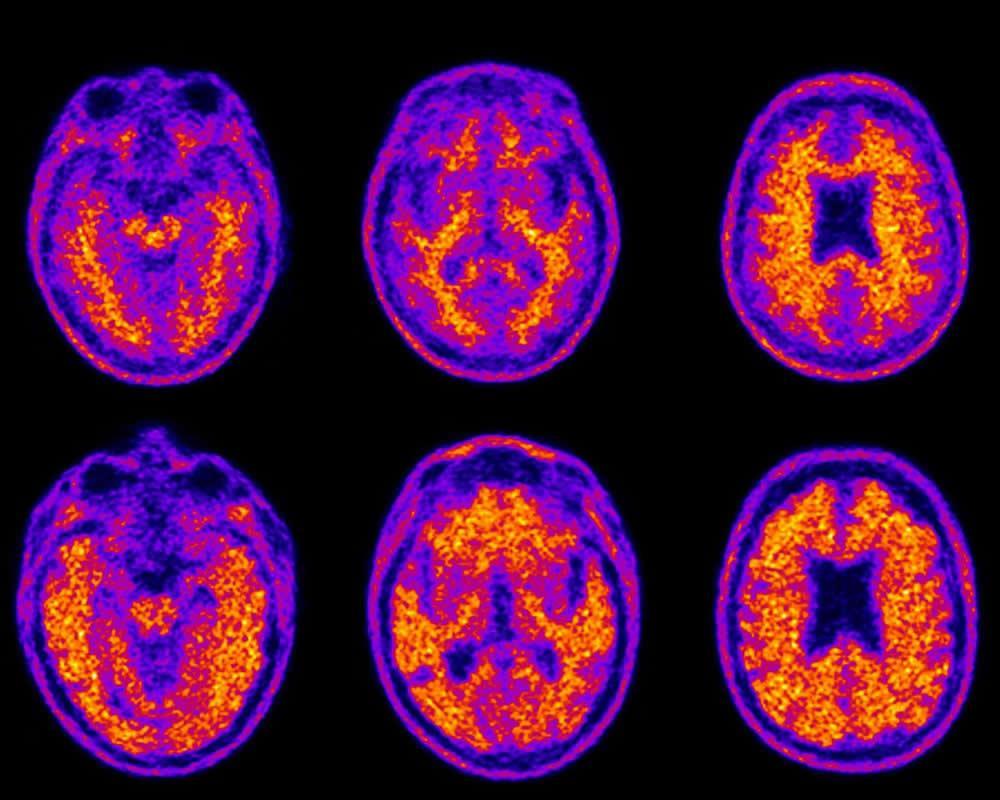Addiction to video games has been recognised as a new type of mental illness by the World Health Organisation (WHO), one associated with extreme cases of uncontrolled gaming behaviour and excessive game playing. In line with the criteria developed by the WHO, researchers have developed the first psychological test to check for ‘gaming disorder’– which they now plan to expand to produce the largest study to date on gaming disorder. Now available to the public and accessible online, the test can tell participants if they meet the WHO criteria for…
Read MoreCategory: Brain
Could a small fish prompt a leap forward for Alzheimer’s disease research?
We have no clear idea of why Alzheimer’s disease occurs. Many think the disease process begins decades before memory and cognition problems become evident, but how and why does it start? The idea that the disease is caused by an accumulation of the amyloidβ peptide still dominates the thinking of most researchers, but no explanation is readily available for why amyloidβ accumulation begins. And drugs that remove amyloidβ from diseased brains do not halt cognitive decline. Frustrated by the research field’s lack of progress, a small group of geneticists at…
Read MoreWould you eat genetically modified food if you understood the science behind it?
Jonathon McPhetres, a newly minted PhD in psychology from the University of Rochester, admits he’s “personally amazed” what we can do with genes, specifically genetically modified food—such as saving papayas from extinction. “We can make crops better, more resilient, and more profitable and easier for farmers to grow so that we can provide more crops around the world,” he says. Yet the practice of altering foods genetically, through the introduction of a gene from a different organism, has courted controversy right from the get-go. While genetically modified organisms (GMOs) are…
Read MoreAs plaque deposits increase in the aging brain, money management falters
Aging adults often show signs of slowing when it comes to managing their finances, such as calculating their change when paying cash or balancing an account ledger. These changes happen even in adults who are cognitively healthy. But trouble managing money can also be a harbinger of dementia and, according to new Duke research in The Journal of Prevention of Alzheimer’s Disease, could be correlated to the amount of protein deposits built up in the brain. “There has been a misperception that financial difficulty may occur only in the late stages…
Read MoreAutoimmune disease and stress: Is there a link?
A new study has raised the possibility that stress may cause autoimmune disease, such as lupus or rheumatoid arthritis, because it found a higher incidence of autoimmune diseases among people who were previously diagnosed with stress-related disorders. I have patients who heard about this research and are saying, “I knew it!” But before we accept a potential link between stress and autoimmune disease, let’s look at some details of the study and consider how we define the terms “autoimmune disease,” “stress,” and “stress-related disorder.” What is autoimmune disease? These are…
Read More




